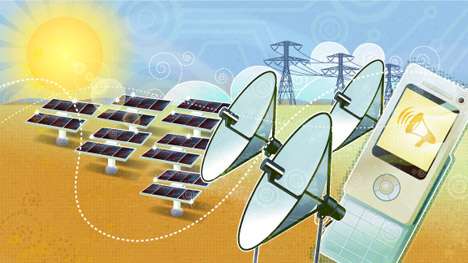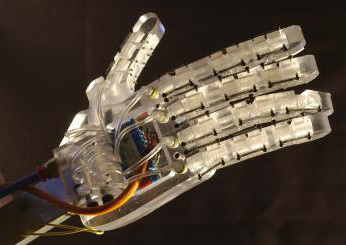Electrical Engineering

As an electrical engineer, you’ve got the power — and you’ll efficiently and safely channel it from turbines, fuel cells, or hydroelectric and solar plants to homes, factories, and businesses. Electrical engineers also develop wireless communication systems, develop the latest media displays like HDTV, design computer processors and other hardware, and work in robotics.
 Make A Difference!
Make A Difference!
Small, inexpensive wireless sensors that detect chemical and biological pollutants are being developed by electrical engineers. The ability to observe, model, and predict pollution in the environment is key to combating it.
Did You Know?
Electrical engineers are at the forefront of wireless communications. They’ll help bring to market next-generation modular cell phones, which will have snap-on/snap-off components, including larger viewing screens or keyboards.

Where Do They Work?
Electricity provides the spark of modern life. Accordingly, there are wide-ranging opportunities in this field. The many industries that employ electrical engineers include: power companies (Pacific Gas & Electric Co., First Energy Corp.), microchip makers (Intel, AMD), defense contractors (General Dynamics, Raytheon), fuel-cell manufacturers (Ballard Power Systems, Delphi Corp.), computer-aided design software makers (Dassault Systemes, Autodesk), and consumer electronics companies (Sony, Samsung, Toshiba).
 Meet An Engineer!
Meet An Engineer!Guitarist Ben Verellen designs and builds customized, powerful amplifiers for bands. He started his business in his basement, while he was still an undergraduate at the University of Washington. His amps use vacuum tubes rather than circuitry. Tube-based amps, he says, offer a superior sound, and his customers agree.
COOL FACT: Verellen has been a gigging musician since he was 13, and was bass player with Harkonen, which was a popular Tacoma band. He now plays guitar with the band Helms Alee.
Watch a video of Ben Verellen here:
Find out the latest electrical engineering news!
Filed under: Electrical, Explore Engineering








